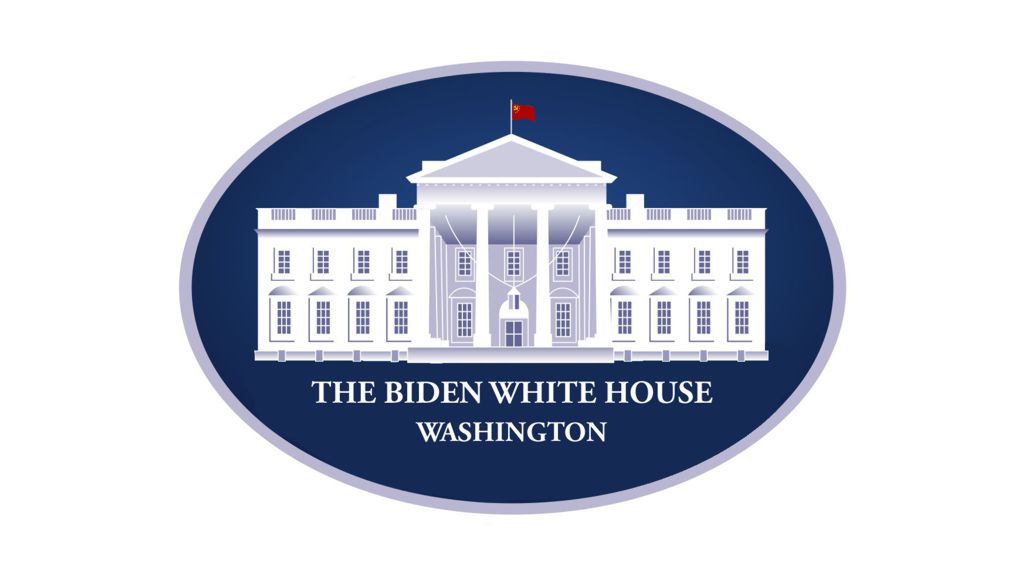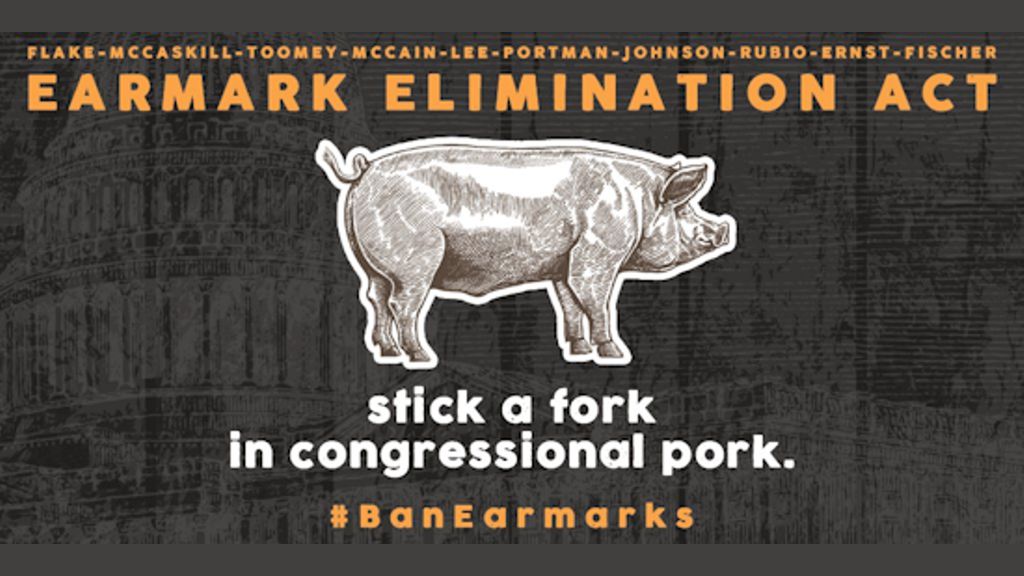With profound sadness, Ora Media announces the death of our co-founder, host, and friend Larry King, who passed away this morning at age 87 at Cedars-Sinai Medical Center in Los Angeles.
For 63 years and across the platforms of radio, television and digital media, Larry’s many thousands of interviews, awards, and global acclaim stand as a testament to his unique and lasting talent as a broadcaster. Additionally, while it was his name appearing in the shows’ titles, Larry always viewed his interview subjects as the true stars of his programs, and himself as merely an unbiased conduit between the guest and audience. Whether he was interviewing a U.S. president, foreign leader, celebrity, scandal-ridden personage, or an everyman, Larry liked to ask short, direct, and uncomplicated questions. He believed concise questions usually provided the best answers, and he was not wrong in that belief.
Larry’s interviews from his 25-year run on CNN’s “Larry King Live,” and his Ora Media programs “Larry King Now,” and “Politicking with Larry King” are consistently referenced by media outlets around the world and remain part of the historical record of the late 20th and early 21st centuries.
Ora Media sends our condolences to his surviving children Larry, Jr., Chance, Cannon and the entire King family.
Funeral arrangements and a memorial service will be announced later in coordination with the King family, who ask for their privacy at this time.
Larry King
American talk-show host
Larry King, original name Lawrence Harvey Zeiger, (born November 19, 1933, Brooklyn, New York, U.S.—died January 23, 2021, Los Angeles, California), American talk-show host whose easygoing interviewing style helped make Larry King Live (1985–2010) one of CNN’s longest-running and most popular programs.
King grew up in Brooklyn, where he remained for several years after high-school graduation to help support his mother, who had been widowed when he was a young child. In his early twenties King left New York for Florida in the hopes of breaking into radio. He worked as a disc jockey in South Florida, honing his conversational interview style doing on-location interviews with random citizens. In 1960 he broke into television with a Miami-based talk show. King also wrote for a number of Miami newspapers during that period.
In 1971 King was arrested and charged with grand larceny for allegedly having stolen money from a former friend. Though the charges were dropped the following year, the scandal left King temporarily unable to secure radio or newspaper work. In the early 1970s he worked in public relations and as a sports commentator, and in 1975 he started to regain his foothold in Miami media.
From 1978 to 1994 King hosted the popular national radio talk show The Larry King Show, and from 1985 he hosted the television talk show Larry King Live on CNN, then a young network. The program was television’s first live phone-in show with an international audience. It became known not only for King’s off-the-cuff interview style (he prided himself on doing very little research on his guests) but for its popularity as a platform for political candidates. Notably, Ross Perot announced his presidential candidacy on the show in 1992. Though Perot failed to secure the presidency, the following year he and Vice Pres. Al Gore used King’s show as a forum for debating the North American Free Trade Agreement. Over time King became an internationally recognized figure, as famous as the celebrities, news makers, and world leaders that he interviewed. In December 2010 Larry King Live ended its run, after 25 years on the air. British tabloid journalist Piers Morgan was chosen to take over for King. King resumed interviewing notable personalities on Larry King Now, a talk show that premiered on the Web site Hulu in 2012, and the following year he added the talk show PoliticKING with Larry King.
King appeared as himself in a number of television shows, including 30 Rock and Sesame Street, and in such films as Ghostbusters (1984). King also did voice work in several of the animated Shrek films (2004, 2007, and 2010) and in Bee Movie (2007). In addition, he participated in documentaries, including 1989: The Year That Made Us (2019) and Dispatches from Quarantine (2020). After suffering a heart attack in 1987, he wrote books on heart disease. His autobiography, My Remarkable Journey, was published in 2009. In 2011 he received a News & Documentary Emmy Award for lifetime achievement.
Source: Britannica.com





